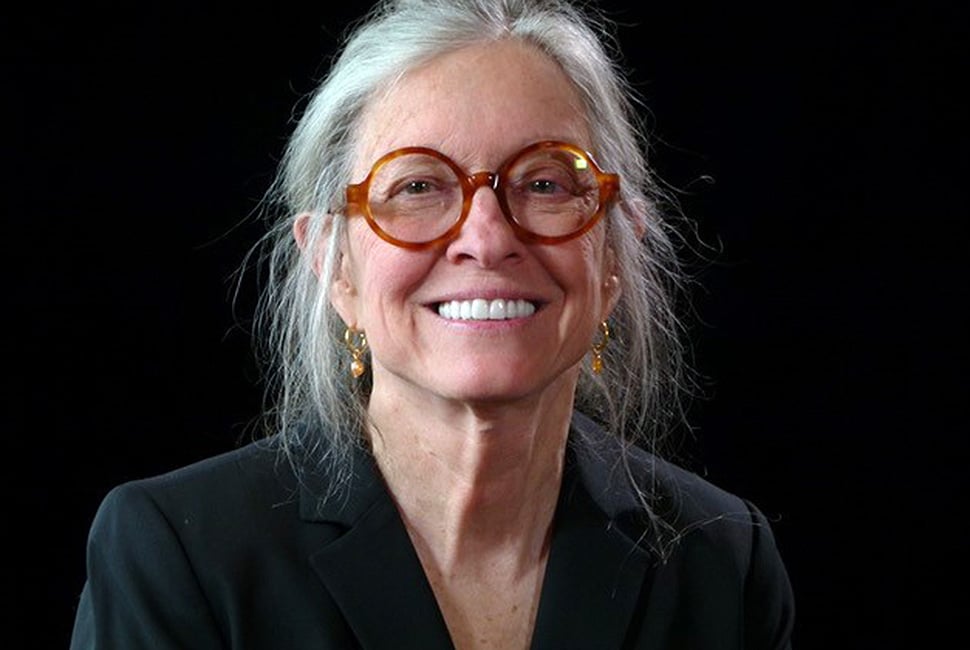In front of a few dozen faculty and students in the basement of Chambers Hall on Monday, economics Prof. Charles F. Manski presented his recent research advocating for including race in clinical algorithms.
Manski’s lecture was part of the Institute for Policy Research’s Fay Lomax Cook Colloquia, a weekly series for faculty to present politically relevant research from a variety of fields.
“It’s a chance for me and other faculty to be a part of a broader intellectual community of what’s going on at the university, and also create friendships and opportunities to collaborate beyond what’s going on in your discipline,” IPR Fellow and political science Prof. Laurel Harbridge-Yong said.
Manski’s paper, titled “Using measures of race to make clinical predictions: Decision making, patient health, and fairness,” was published in the Proceedings of the National Academy of Sciences last August.
Manski said he and his team wanted to apply an econometric method to see whether removing race from clinical predictions leads to better predictions of health for individual patients.
“If you don’t use all the available information, you make suboptimal decisions,” Manski said.
Traditionally, clinicians have used race alongside other factors — such as sex or age — to predict clinical outcomes and make treatment decisions in medicine.
But, in the past few years, advocates have argued that using race in this manner can perpetuate existing biases in healthcare, as well as reinforce the idea of race as a biological attribute, which the American Medical Association dropped in 2020.
Since 2021, the National Kidney Foundation and American Heart Association have also revised their predictive models to exclude race in an effort to not disadvantage patients.
The article, co-authored with University of Wisconsin-Madison Prof. John Mullahy and University of Pennsylvania Associate Prof. Atheendar S. Venkataramani, went through what Manski described as an extended peer-review process due to the controversial and immediately impactful nature of the research.
The study divided care into a two-part model, examining long-term social and structural drivers in the healthcare system separate from the factors considered in individual treatment.
“If your society wants to do something about these underlying problems, you do it with preventive care,” Manski said. “But it’s still the case that when a patient shows up at the doctor’s office, requiring treatment, you should still do the best thing possible for that patient.”
Manski’s paper follows up on a shorter 2022 commentary on the subject, which he published in Health Economics. That publication ran alongside an opposing article from Economist Andrew H. Briggs, who argued that the use of socially constructed variables like race can be subject to biases and requires sensitivity.
Briggs further argued that it is the responsibility of the scientific community to “explore alternatives to racial covariates that may provide the same or perhaps even better prognostic value.”
“Whatever the racial classification is — even if it’s imperfect in many ways — if there’s consistency in the classification, it has predictive power within it,” Manski said.
Some at the lecture raised concerns over how predictive models should define race. Manski acknowledged that the differences between how race is categorized in a clinical trial versus clinical practice can create difficulties. He concluded that reconciling the two requires further study.
Email: [email protected]
Related Stories:
— Economics Prof. Silvia Vannutelli discusses the politician-to-lobbyist pipeline at IPR Colloquium
— Feinberg Prof. Lori Ann Post explores nuances behind mass shooting research
— Northwestern researchers find significant racial disparities in pediatric health care















